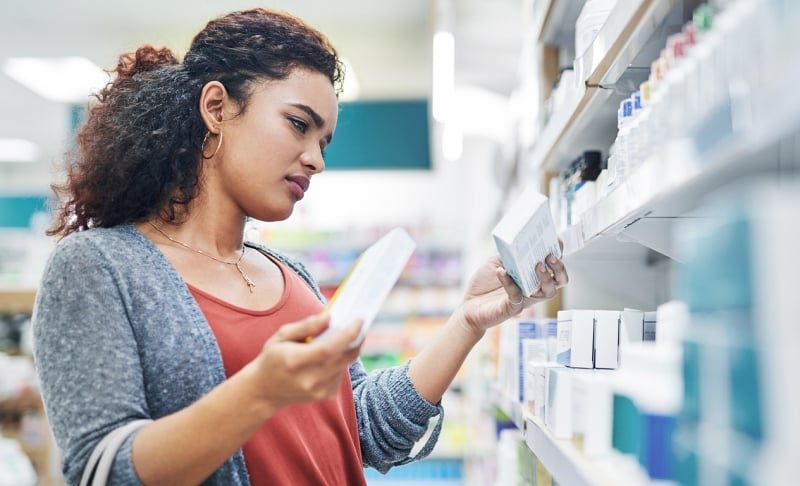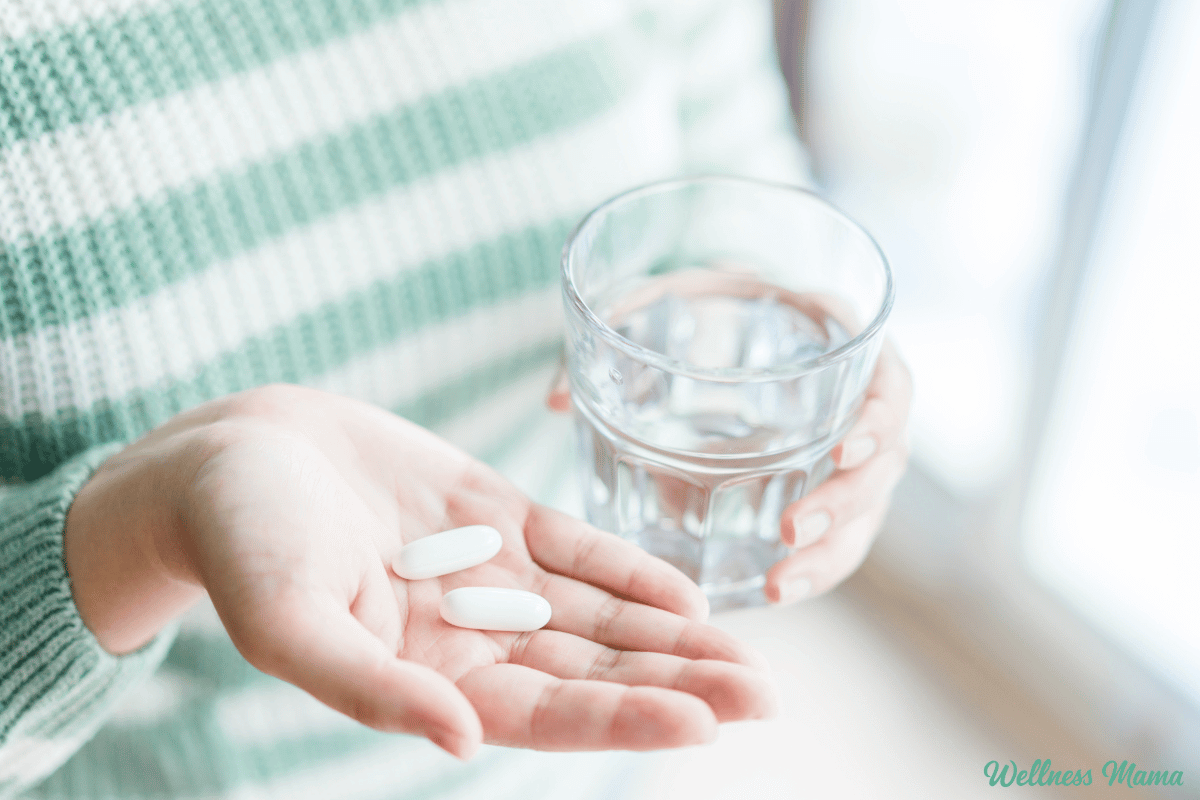
By Anne J. Manning, Harvard Gazette
More than half of Americans routinely take prescription or over-the-counter drugs, but women tend to experience side effects at up to twice the rate of men, according to the U.S. Food and Drug Administration.
The difference historically has been chalked up to biological sex differences, but a pair of new studies from Harvard’s GenderSci Lab debunks that view, proposing instead a set of gender-based social factors that better explain observed disparities.
“For a long time, the pattern in biomedical research has been to observe a sex disparity in outcomes, and to infer that this is due to biology,” said Sarah Richardson, Aramont Professor of the History of Science, professor of studies of women, gender and sexuality, and leader of the team whose findings were just published in Social Science and Medicine.
The director of the GenderSci Lab, Richardson’s team included Tamara Rushovich, a Griffin Graduate School of Arts and Sciences Ph.D. candidate, and collaborators at Emory and Tulane universities. “We would like to accelerate the consideration of social and other variables as factors in producing those disparities,” she said.
The researchers used publicly available data from the FDA Adverse Event Reporting System, where people who are harmed by drugs can report incidents. They collaborated with Harvard’s Institute for Quantitative Social Science and used the Faculty of Arts and Sciences Research Computing cluster to manage their data, which included analysis of more than 33 million records.
Their gender hypothesis around the sex disparity in adverse drug events proposes a series of explanations.
For one, women are more likely than men to engage in “health-seeking behaviors,” such as taking prescription drugs or seeing a doctor.
They’re also, according to the researchers, more likely to face bias and discrimination in the clinic, affecting the likelihood that an individual will be diagnosed with a condition or be treated properly.
What’s more, the researchers continue, gender stereotypes, stigma, identities, and social norms influence how events are subjectively experienced. For example, women are likelier than men to perceive weight gain as an adverse event. Transgender women may “sustain a greater degree of distress” than transgender men in response to hair loss.
Finally, in a highly gender-stratified world, women and men experience, on average, different environments and exposures. Women are more likely than men to live in poverty, to experience intimate partner violence, and to encounter sexual harassment and violence at work, all of which are associated with mental and physical health problems.
“Our analyses show that gender — the social, structural, and experiential differences linked to individuals’ gender/sex identity across their lifetimes — is a powerful contributor to reports of adverse drug events and ultimately inequitable health outcomes,” said first author Katharine Lee of Tulane.
The researchers’ gender hypothesis generates predictions that can be further tested in existing datasets and future study designs, Richardson added. “It identifies intervenable pathways driving sex disparities in adverse drug events.”
The researchers also published a companion study further dispelling the notion that biological sex differences account for the higher rates of adverse drug events experienced by women.
Reporting in JAMA Open Network, the researchers found that after accounting for differences in medication usage, the probability of sex disparity drops to less than 5 percent. In other words, the researchers simply accounted for the fact that women are more likely than men to take any drugs at all.
—
This story is reprinted with permission from The Harvard Gazette.
***
You Might Also Like These From The Good Men Project
 Compliments Men Want to Hear More Often
Compliments Men Want to Hear More Often  Relationships Aren’t Easy, But They’re Worth It
Relationships Aren’t Easy, But They’re Worth It  The One Thing Men Want More Than Sex
The One Thing Men Want More Than Sex  ..A Man’s Kiss Tells You Everything
..A Man’s Kiss Tells You Everything Join The Good Men Project as a Premium Member today.
All Premium Members get to view The Good Men Project with NO ADS.
A $50 annual membership gives you an all access pass. You can be a part of every call, group, class and community.
A $25 annual membership gives you access to one class, one Social Interest group and our online communities.
A $12 annual membership gives you access to our Friday calls with the publisher, our online community.
Register New Account
Log in if you wish to renew an existing subscription.
Username
First Name
Last Name
Password
Password Again
Choose your subscription level
- Yearly - $50.00 - 1 Year
- Monthly - $6.99 - 1 Month
Credit / Debit Card PayPal Choose Your Payment Method
Auto Renew
Subscribe to The Good Men Project Daily Newsletter By completing this registration form, you are also agreeing to our Terms of Service which can be found here.Need more info? A complete list of benefits is here.
—
Photo credit: iStock
The post Women More Likely to Suffer Drug Side Effects, but Reason May Not Be Biology appeared first on The Good Men Project.
Original Article










